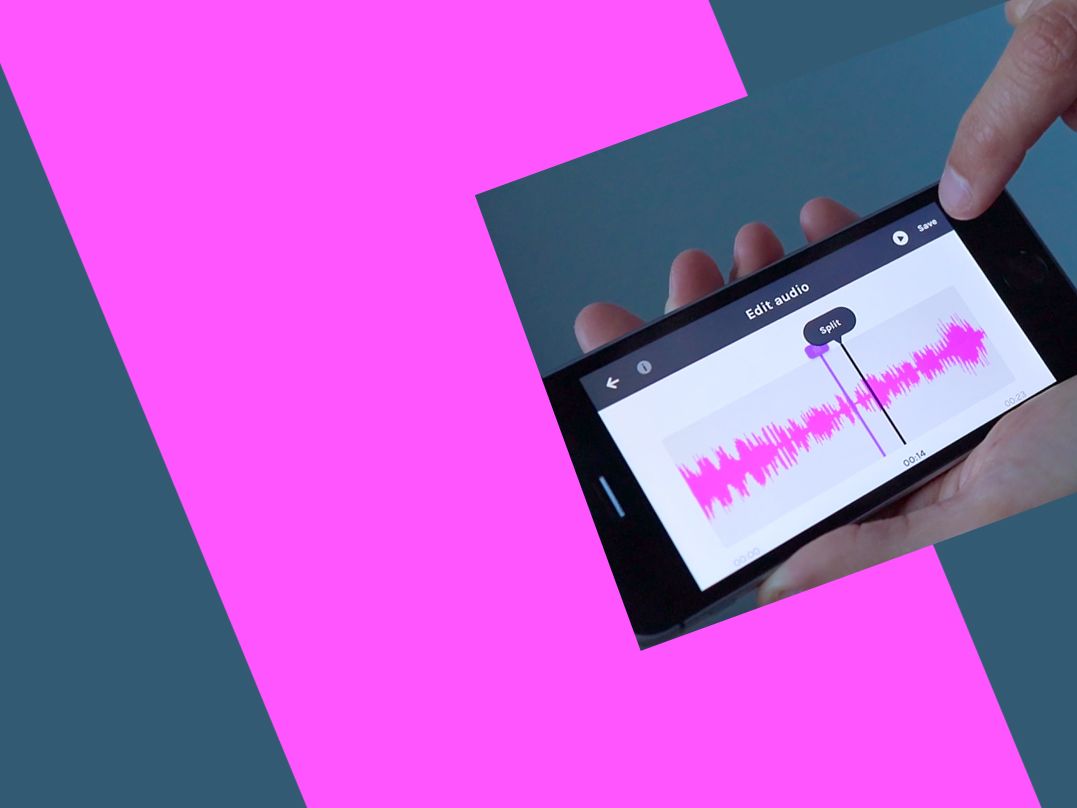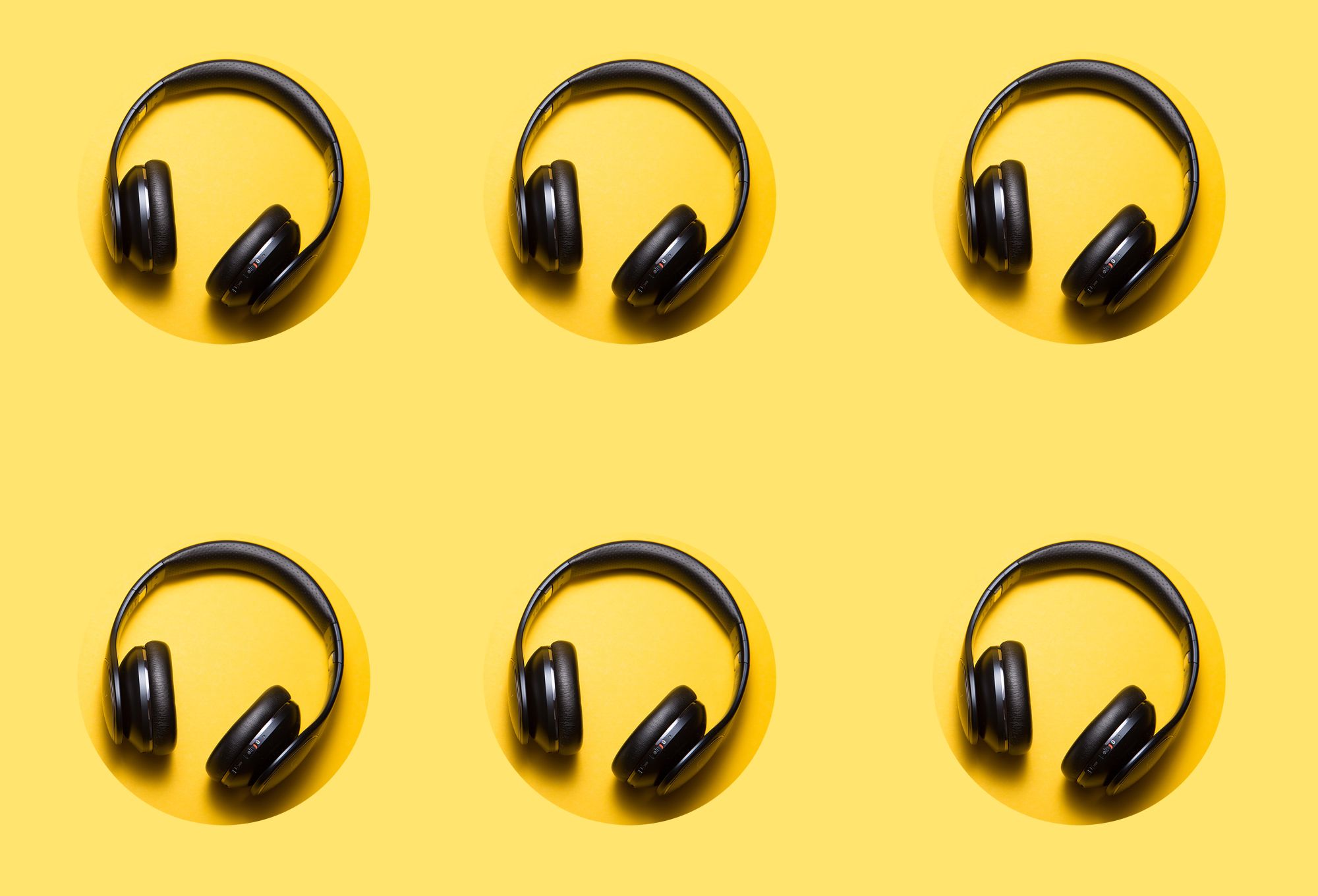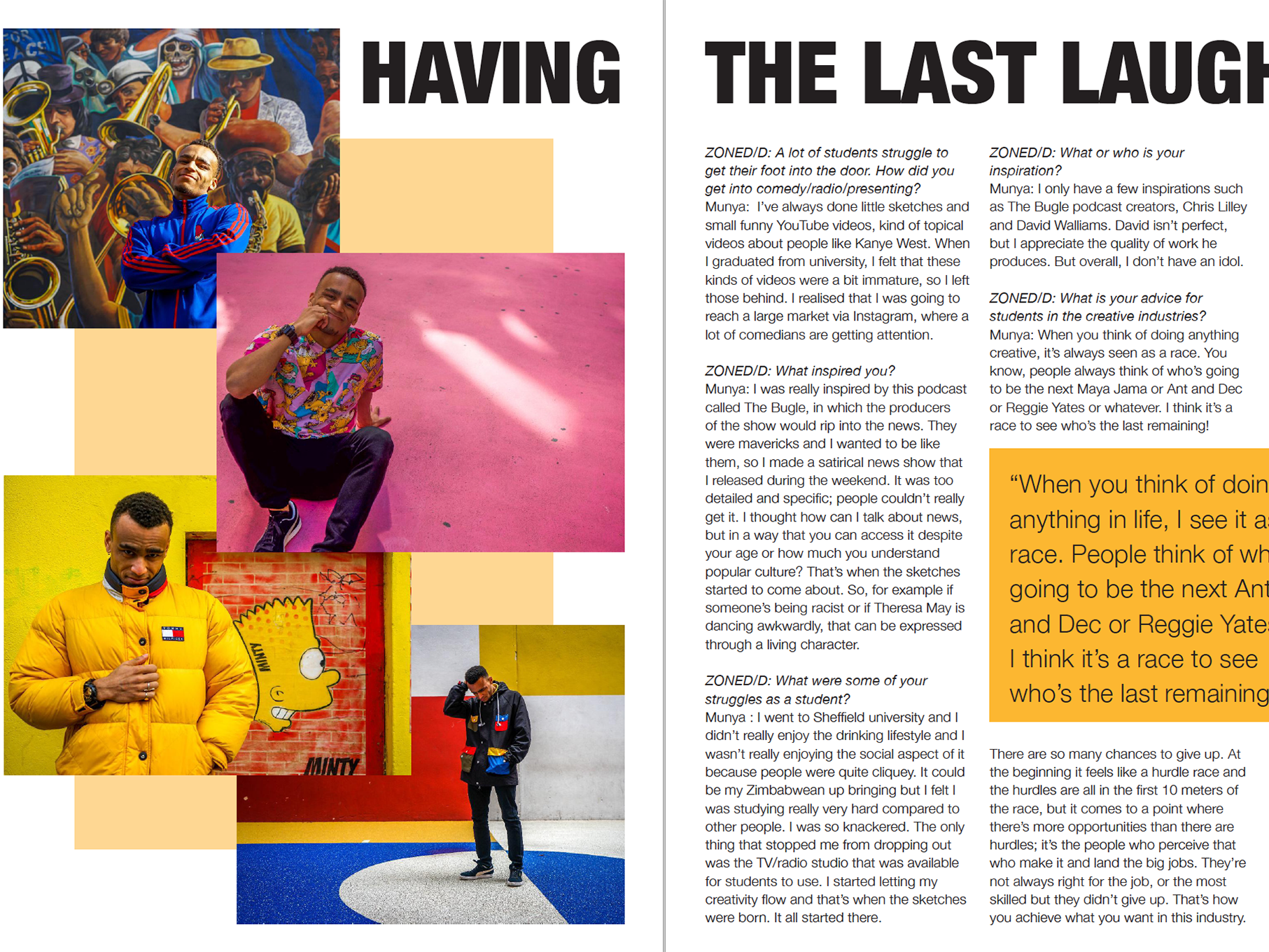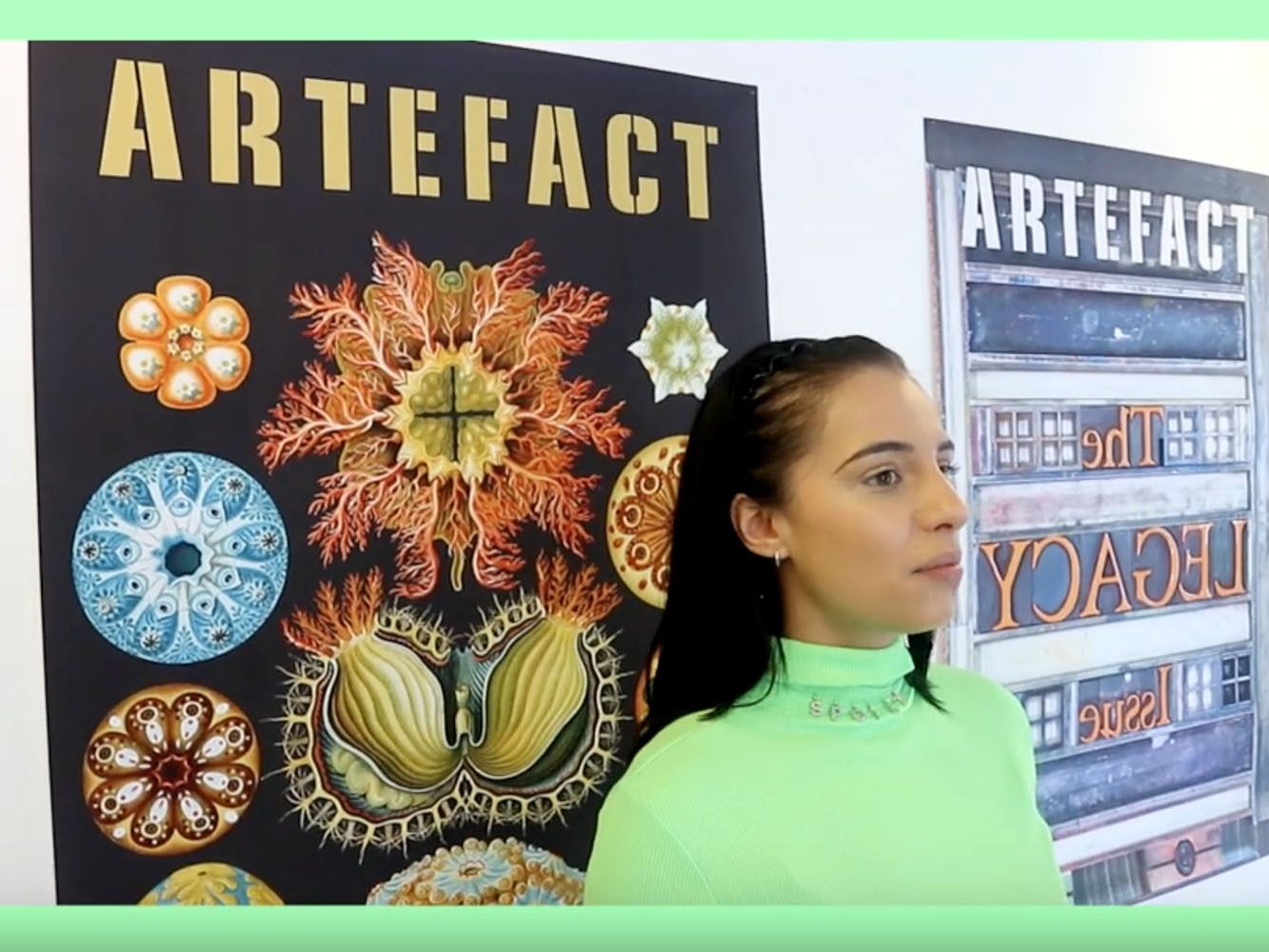
Techniques: Record and edit a podcast
Want to know how to produce your podcast using free app Anchor? Follow tips and demos from journalism tutor Dalia.


Podcasts have become the dialogue of our times, an engrossing way to share stories, ideas and debate issues on all manner of subjects. The rise of podcasts has seen radio and TV broadcasters embrace the medium, as well as bloggers and a growing number of amateurs making them at home – and you can, too.
Podcasts are easy and cheap to make, but a successful podcast is tricky to master. While technical skills are important, perhaps more crucial are the creative considerations you need to fine-tune before hitting record.
Video: Dalia Dawood.
Do a bit of market research on Apple Podcasts or Spotify to see if there are other podcasts in a similar subject area to yours. Is there a market for your topic? If there is, give them a listen to see what they’re doing right or how you can do something different.
Tip: Create a persona for your listeners as it will help you to focus your content when planning episodes. Think. ‘Would X like this? Does it match his/her interests?’ This will help you to define who your audience is.
Video: Dalia Dawood.
Choose a name that’s relevant to the topic of your podcast; make it clear what it’s about, but also memorable. It’s a tricky balance ensuring it isn’t boring or trying to be too clever.
Tip: The visual identity of your podcast (i.e., the cover art) is equally important in attracting listeners, so make sure you use an image that represents your niche well.
The length depends on the content and breadth of information you have or want to cover. Don’t make it long for the sake of it, but also don’t chop good content if you have it.
Long podcasts are usually 45-90 minutes in length; because of the amount of content and time they take to produce, plus the amount of time listeners have to invest in them, they’re released less frequently – monthly or fortnightly (though some of the bigger podcasts come out weekly). Short podcasts are anywhere between 5 and 20 minutes long and are usually published daily or several times a week as they take less time to make and are easier for listeners to dip into.
Tip: Each podcast format – interview, solo show, co-hosted, documentary – has its pros and cons, so it’s good to research what other podcasters say and which style is right for your listeners.
Video: Dalia Dawood.
Unlike a TV show or blog, you don’t need to read word-for-word from a complete script, as it would sound forced. Podcasts are most enjoyable when they sound conversational and natural – use prompts or short sentences to help you along.
Tip: Have on-hand a short structure of your episode. For example:
You can find free royalty-free music online. YouTube has a good audio library, which tells you if you need to credit the artist for using their music or not. Other websites may also ask for a credit, so make sure you check.
Tip: Choose a melody that complements the tone of your podcast – e.g. a comedy show will likely have a bouncier jingle, whereas a serious show on crime will have more sober tones.
Browse these libraries for inspiration:

Want to know how to produce your podcast using free app Anchor? Follow tips and demos from journalism tutor Dalia.

London College of Communication tutor Dalia introduces you to journalism via alumni projects from this influential subject area.

London College of Communication grad Asher introduces the magazine articles she produced during her final year project.